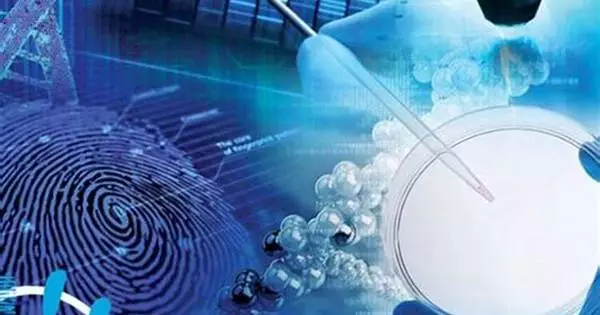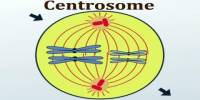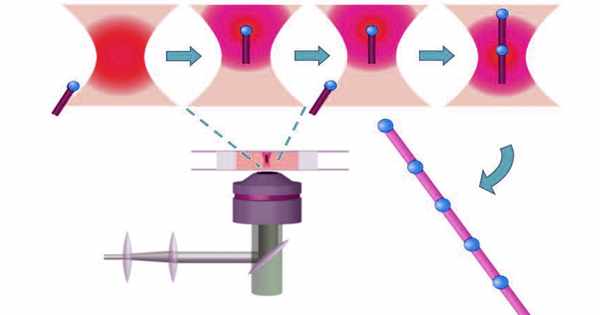Forensic science is a multidisciplinary field that involves the investigation and resolution of crimes using scientific principles and techniques. It is also known as criminalistics, and it is the application of scientific principles and methods to legal decision-making in criminal and civil law. Forensic science’s primary goal is to provide objective and reliable evidence that can be used in legal proceedings. This field includes a wide range of scientific disciplines and specialized areas of expertise.
It is governed by the legal standards of admissible evidence and criminal procedure, in particular, during criminal investigations. It is a broad field that employs a variety of techniques such as DNA analysis, fingerprinting, bloodstain patterns, firearms, ballistics, toxicology, and fire debris analysis.
Here are some key aspects of forensic science:
- Crime Scene Investigation (CSI): Forensic scientists frequently begin their investigations at the crime scene. Physical evidence such as blood, hair, fibers, and fingerprints are collected, preserved, and analyzed. Proper documentation and chain of custody are critical to preserving the evidence’s integrity.
- Forensic Biology: This area of forensic science deals with the examination of biological evidence such as blood, saliva, hair, and tissues. DNA profiling is a critical technique for identifying individuals based on their distinct genetic profiles.
- Forensic Chemistry: Forensic chemists examine substances discovered at crime scenes, such as drugs, toxins, and accelerants (which are used in arson cases). They identify and quantify substances using a variety of analytical techniques such as spectrometry and chromatography.
- Forensic Toxicology: This area focuses on the detection of drugs, poisons, and other toxic substances in biological samples. Forensic toxicologists may work on cases involving drug overdoses, poisoning, or impaired driving.
- Forensic Anthropology: Forensic anthropologists examine skeletal remains to determine an individual’s identity, age, gender, and other characteristics. They may be called in when the remains have decomposed, been burned, or are otherwise difficult to identify.
- Digital Forensics: Digital forensics has become increasingly important as technology has advanced. Electronic devices, such as computers and smartphones, are analyzed by experts in this field in order to recover, preserve, and examine digital evidence. This information may include cybercrime, fraud, or other digital offenses.
- Forensic Pathology: Medical doctors who specialize in examining bodies to determine the cause and manner of death are known as forensic pathologists. They are essential in homicide investigations.
Importance
During the course of an investigation, forensic scientists gather, preserve, and analyze evidence. While some forensic scientists go to the crime scene to collect evidence, others work in a laboratory, analyzing objects brought to them by others. Others work as consultants from private firms, academia, or government agencies, analyzing financial, banking, or other numerical data for use in financial crime investigations.
Forensic science plays an important role in the criminal justice system by providing scientific analysis and expert testimony to assist in the resolution of criminal cases. In a court of law, forensic scientists must maintain objectivity, adhere to ethical standards, and clearly communicate their findings.
















